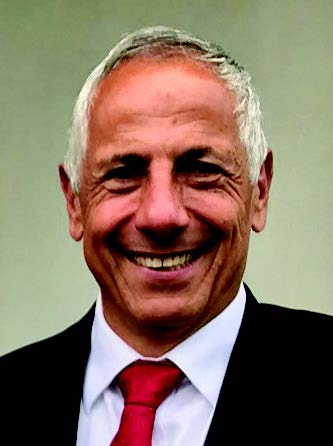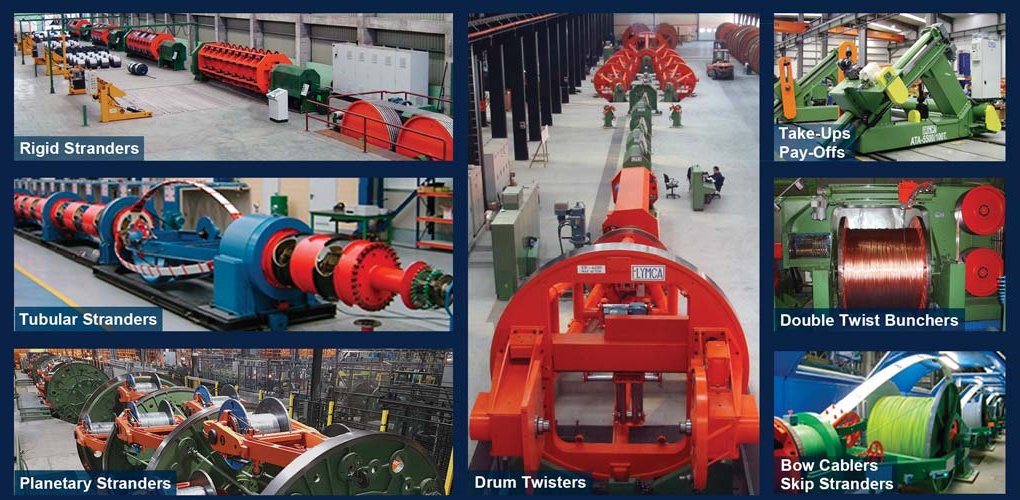WJI asked a range of wire and cable manufacturers for their thoughts about 2021 and their expectations for 2022. The following are their collected responses.
WJI: At this point, do you feel optimistic about 2022? Has your company achieved a sense of normalcy? Are there some elements (travel, in-plant staffing, etc.) that may never be quite the same again?

WJI: In terms of industry employment and recruiting, how have the Covid-19 years been?
Carino: There has never been anything like the first several months when Covid-19 first struck. Initially, hiring came to a grinding halt. Business and our everyday lives shifted to a virtual mode. Product demand was largely still there, and so was the need to secure talent. The hiring process just adapted. Phone and video calls that were previously the initial screening step became the entire process. Some hires were all virtual. I know of one new hire who worked remotely, and did not meet the boss or coworkers for weeks after the start date. That was unprecedented.
WJI: Are people willing to move?
Carino: The positions I recruit for do not go unfilled because candidates don’t want to work or are afraid to work in a Covid environment. However, there were/are some very real challenges in hiring management and senior executives. Some parents with children being educated at home did not want to add a physical move to that dynamic. Also, a move to a higher housing cost area is a deterrent.
WJI: Does any aspect stand out?
Carino: In my 38 years serving the cable industry, I have never seen such across-the-board pressure on wages, both salary and hourly. The years prior to and following the dot com bust and the 2008 financial crisis were robust, but salary was not affected like it is today. My clients say that higher hourly factory wages have been the biggest challenge. Increasing pay for machine operators is hard when other industries—such as Amazon—have poached plant talent with higher starting wages for people with little or no experience. The search for industry management is compounded by how many older people occupy those positions. It’s not a new story, but it is one that continues to become more of a problem. All the small to mid-size cable producers I talk to bring this up.
WJI: How do you see the dynamic of working virtually? Can that fit in “the new normal” at some point?
Carino: Yes and no. The pandemic has built the case for the ability and efficiency of working remotely, so I believe it will have a lasting effect as we get to a post-pandemic busi-ness environment. At the same time, there is a pent-up demand for face-to-face meetings. This is especially true among sales people for compa-nies that manufacture either an engineered or niche product. Companies also tend to do business with people they like and trust. I’m not saying that’s always true, but there is value in a relationship that has a history of personal interaction. The industry may have to learn to live with a combination of the two.
WJI: What’s your expectation for the next few years?
Carino: The hiring market is tight. The companies most likely to make good hires are those that are realis-tic and competitive in their wants and expectations. In my experience, a company must interview and hire knowing that it is a two-way street. What does the potential candidate have to offer and what do we have to offer them? They must be candid with respect to what their company does well and not so well. I know this sounds “101,” but it’s not what always happens. The desire and need to hire people with wire and cable expertise has not changed, especially for small- to medium-size cable producers. The pandemic put off a number of planned retirements in the past two years. As those people now start to retire, coupled with the planned retirements in 2022, 2023 and beyond, will make cable-experienced hires even more difficult.





